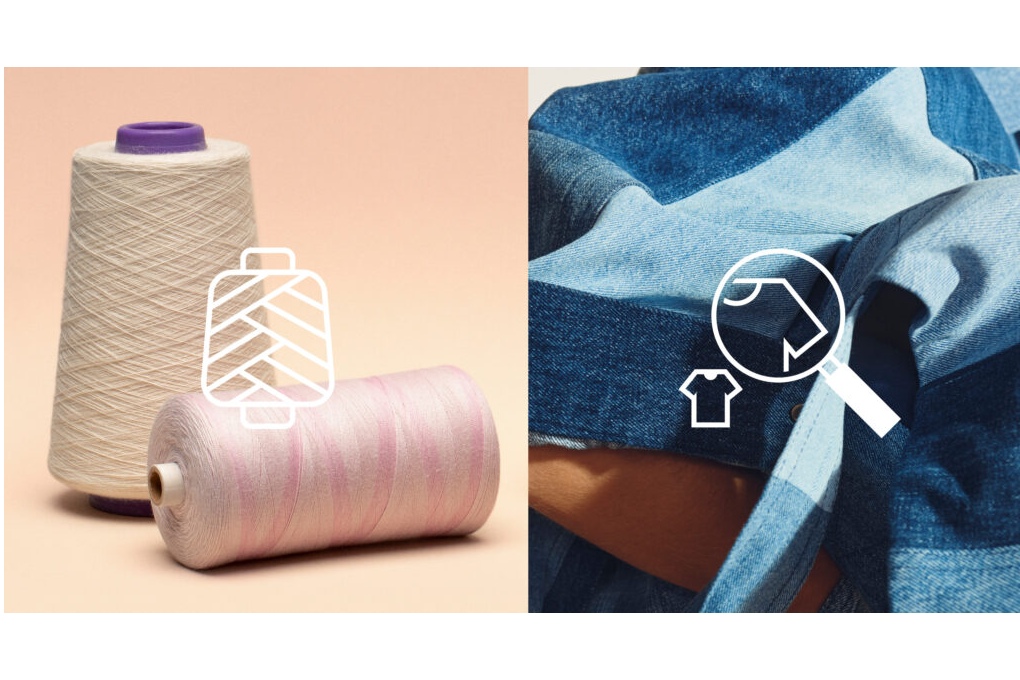

H&M Group x TextileGenesis
H&M Group, a Sweden-based fast-fashion retailer, is expanding its collaboration with TextileGenesisTM, a former Global Change Award winner, to improve supply chain traceability and transparency of its textile fibers.
After piloting the technology in 2019-20, H&M Group will now employ TextileGenesis’ blockchain-enabled textile traceability platform to track man-made cellulose and recycled polyester fibers across its supply chain.
The new traceability software will be phased in over the course of 2022, with up to 20% of H&M’s material base being traceable from fiber to end product. To put this in context, the retailer traced over 1.5 million clothing using the technology in its scaled trial programs in 2021, and by the end of 2022, it hopes to expand that amount to over 200 million.
Hundreds of H&M’s man-made cellulosic and recycled polyester suppliers were onboarded and taught during the pilot programs, according to H&M.
Amit Gautam, Founder & CEO, TextileGenesis, said that H&M Group is at the forefront of fashion traceability and has consistently challenged them to deliver traceability at scale. Their shared goal of tracking several hundred million units from fiber to retail is a significant achievement. It advances the entire industry’s efforts to achieve scalable supply chain traceability.
Merel Krebbers, Product owner Fiber to Product Traceability, H&M Group, said that H&M Group believes that supply chain traceability and transparency should work hand-in-hand to promote more accountability for where materials and products come from and to drive positive change in the fashion sector.
Adidas recently announced a partnership with supply chain transparency specialist TrusTrace to enable near real-time traceability at the material level, in a similar move to H&M.
Adidas hopes to use the relationship to help them meet their sustainability targets, which include switching to 100% recycled polyester by 2024 and having nine out of ten goods incorporate a sustainable technology, material, design, or manufacturing process by 2025.
Industrial Summit Technology introduced IMIDETEX, an innovative polyimide fiber designed to revolutionize composite materials.
Puma and RE&UP have partnered to strengthen circular textile solutions and convert textile waste into next-gen recycled cotton fibers and…
Lululemon has announced a multi-year partnership with biotechnology firm ZymoChem to advance the use of sustainable bio-based nylon in its…
Plasmalex, a leader in advanced coating solutions, has launched PlasmaGuard X, a latest addition to its PlasmaGuard range of high-performance…
A groundbreaking initiative has been launched to tackle the growing textile waste problem in Chile’s Atacama Desert by reselling discarded…
Bodice has partnered with Bemberg to incorporate its 100% regenerative fiber into its designs, merging environmental responsibility with structured tailoring.